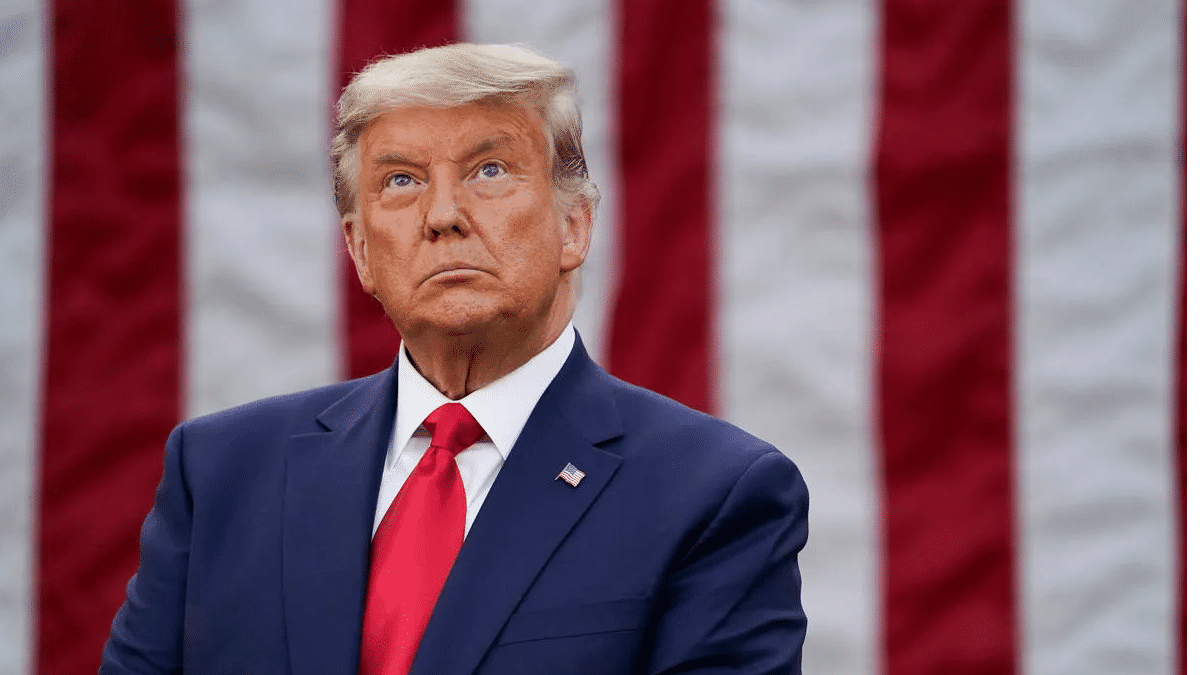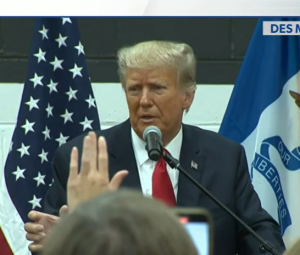When Joe Biden takes over as the President of the United States on January 20, conspicuous by his absence will be his predecessor Donald Trump.
The outgoing President will be the first in 152 years, and only the fourth in US history, to miss the inauguration ceremony of his successor. He confirmed the news from his now-deleted Twitter account last week, saying, “To all of those who have asked, I will not be going to the Inauguration on January 20th.”
Traditionally, outgoing presidents attend the ceremony as a symbol of peaceful transfer of power.
Historically speaking, an outgoing president’s refusal to attend the new president’s inauguration has resulted in the incoming president being highly popular and serving two terms in office.
John Adams was the first president to excuse himself from the inauguration ceremony. According to CNN, in 1800, he sought a second term, and lost to his own Vice-President, Thomas Jefferson. There was however, a peaceful transfer of power. Jefferson began the tradition of marching from the Capitol to the White House and went on to serve two terms.
John Quincy Adams, John Adams’ son, repeated the feat in 1829, when he refused to attend his successor, Andrew Jackson. Quincy and Jackson had earlier contested in 1824 as well. Jackson served two terms and set an example for Democratic presidents after him.
Following the assassination of President Abraham Lincoln in 1865, Vice-President Andrew Johnson succeeded him. Johnson however, failed to secure the nomination of the Republican Party for president in 1868 and was impeached by the House of Representatives as well.
Gen. Ulysses S. Grant won the 1868 elections. While Johnson refused to attend the ceremony, he stayed back at the White House to sign legislation. Grant was again elected in 1872 to a second term.







